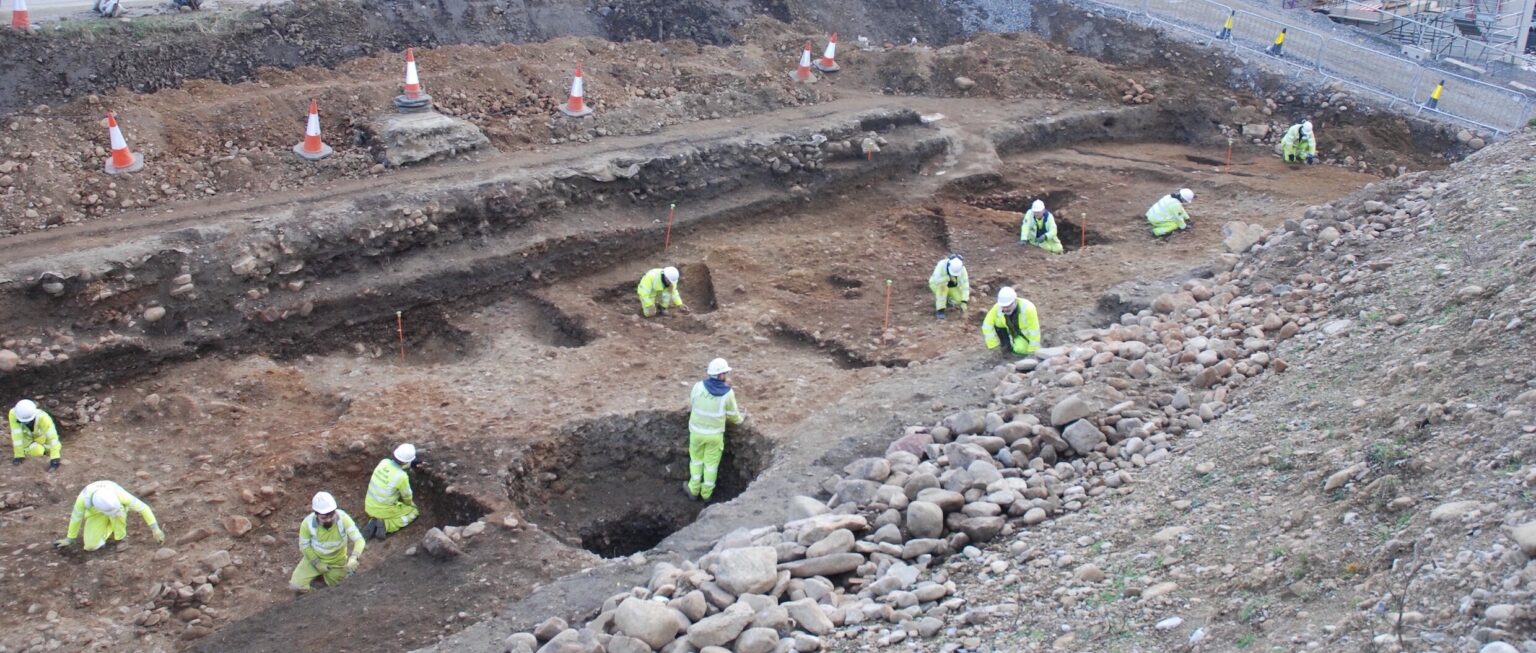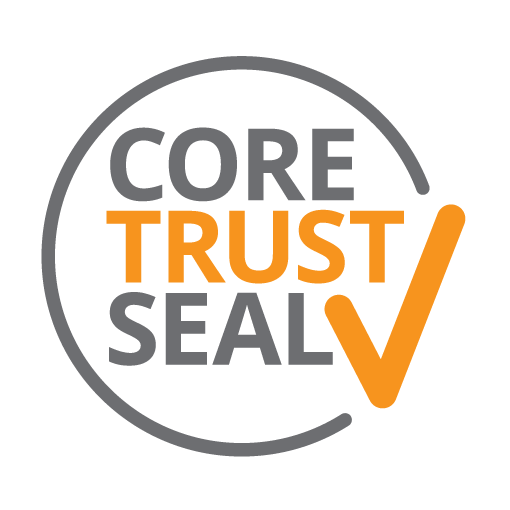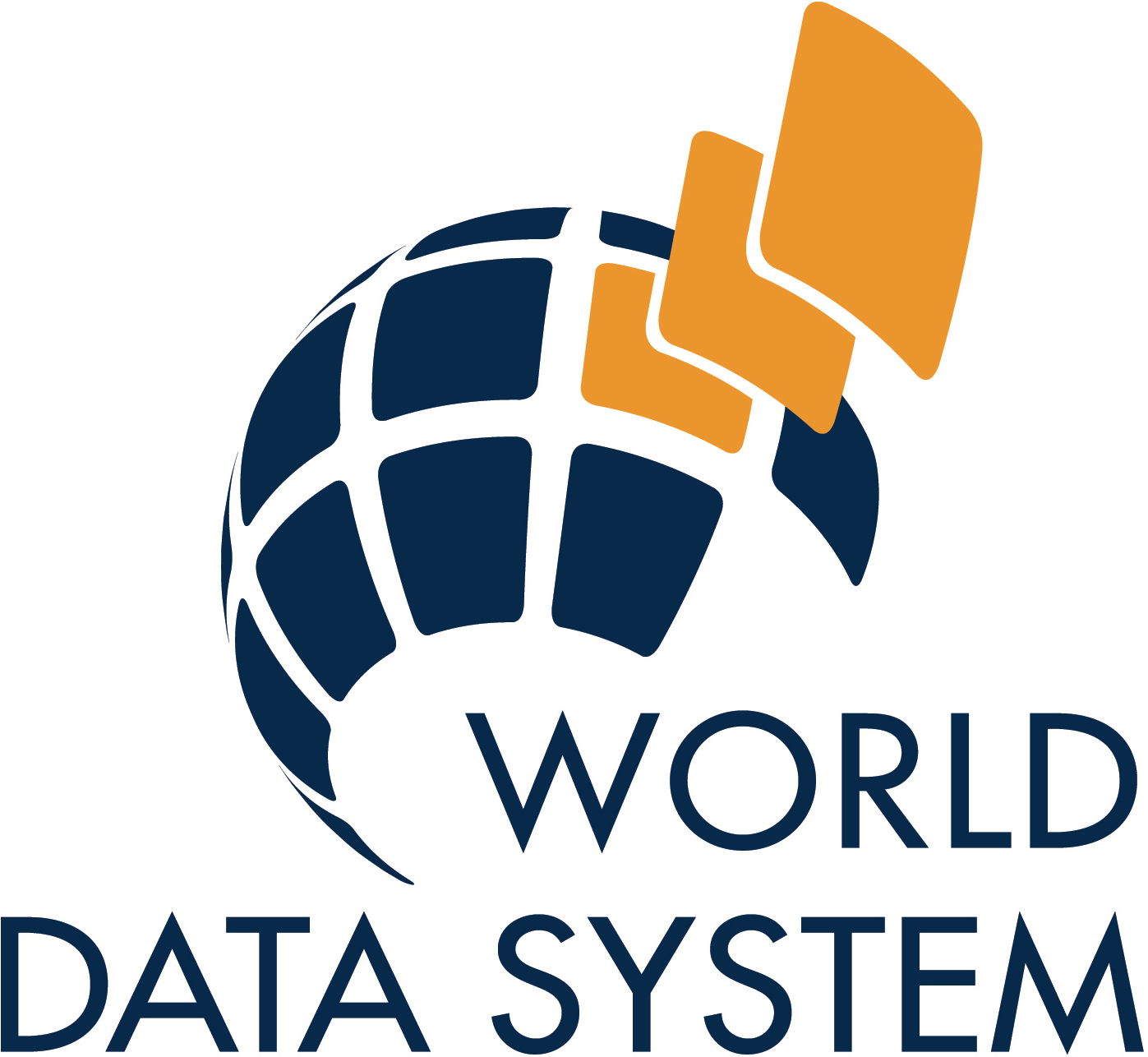Documenting data sources
As outlined in Digitisation: retrospective conversion to CAD from maps, plans and drawings, numerous sources can be used to capture data retrospectively into CAD models, including survey plans, Ordnance Survey and other maps, aerial photographs or ground photographs. Each of these sources is of value for a different purpose and each brings with it a different set of problems. For example, data acquired at 1:50,000 scale may be ideally suited for plotting a distribution map but is unsuited for recording the location of individual excavation trenches.
Ownership of data may well prove quite complex. For example, data originating from the Ordnance Survey may be used by North Yorkshire County Council to derive a new dataset ‘owned’ by the County Council. These data may in turn be used by York Archaeological Trust to derive a further new dataset. Although little of the original resource may survive, the Ordnance Survey continues to hold intellectual property rights which must be recognised and which may well affect later uses of the data, e.g. publication on the Internet.
To support future uses of project data that have been captured by desk-top techniques it is important to record information both about the original source and the digitisation process. The following information should be recorded for each data source that is digitised:
| Element | Description |
|---|---|
| Project Name | Include the project name or title with the documentation to cross-refer to the project level documentation. |
| Reference number | Include the project reference number (if any) with the documentation to cross-refer to the project level documentation. |
| Source Name | Record the name of the original source, e.g. map and the map series. |
| Source Reference | Record the reference number for the source, if any. |
| Type of Source | Keyword indexing the general type of the source material, e.g. map, plan, photograph, drawing. |
| Source Medium | Keyword describing the medium of the source, i.e. paper, mylar, acetate. |
| Publisher | The name and address of the publisher of the original source, if any. |
| Copyright | A description of any known copyrights held on the source material including details of the permitted uses of copyright data, e.g. an organisation may have copyright clearance to use a map in a CAD model and publish an illustration incorporating map details in the project report but not to publish the same illustration on the Internet. |
| Scale | Scale of the original source, given as a ratio, and the original scale (where the source is an enlargement or generalisation from another source). |
| Accuracy | Claimed accuracy of the source. For maps, map makers will often provide an estimated precision for contour lines or other sub-components of a map. |
| Map Projection (Maps only) | All details of the map projection and coordinate system employed. This information is usually printed on the mapsheet or else should be sought from the map source. |
| Photographic Details (Photographs only) | Full photographic details including camera position, focal length, distance from object/flying height (for vertical aerial photographs) etc. |
| Ground Control (Photographs only) | Details regarding the ground control points (GCPs) used in georeferencing. |
Documenting Retrospective Data Capture
| Element | Description |
|---|---|
| Techniques | The generic category of conversion technique used, e.g. digitising, scanning etc. |
| Equipment | The make and model of hardware device used, e.g. scanner. |
| Software | Software driver and version used. |
| Parameters | The parameters of the device, e.g. scan resolution, no. of bits per pixel or line precision. |
| Post-processing | Details of any post-processing on the data, e.g. noise reduction. |
| Automatic Processing | Details of any automatic vector processing applied to the theme (such as snap-to-nearest-node). |
| Control Points | Details of control points used to manage conversion from digitiser. |
| Data Precision and Accuracy | Brief assessment of the precision and accuracy or any errors that occurred during automatic vectorisation processes. |
| Copyright | A description of any known copyrights held in the digitised material including details of the permitted uses of copyright data. |
| Data Files | File name Date A summary of the work done Data-points, numbers, etc. |



